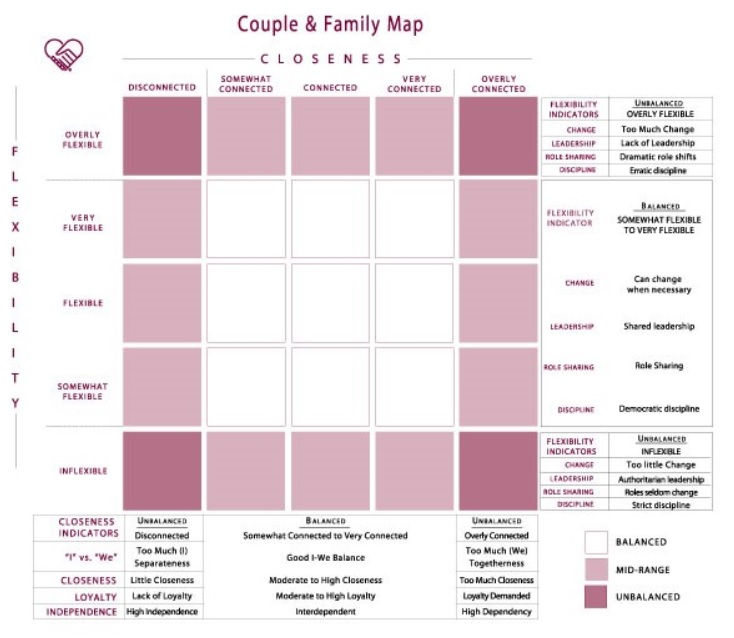Becoming a Non-Anxious Presence
- rogerlinpsyd
- Jan 4, 2023
- 3 min read
Updated: Feb 2, 2023
As a person who experiences symptoms of anxiety, I have been working on becoming a non-anxious presence. I experience intrusive, racing ruminative thought patterns, sweating, racing heartbeat, muscle tension, feeling on edge, excitable, quick to react, intense feelings of uncertainty, worry, and fear, catastrophising, assuming the worst, and I find myself holding my breath at times. Sometimes I'll just be sitting there, and I can feel my anxiety wanting to find something to worry about, wondering when the next bad thing will happen. As I work to address and cope with these symptoms, I am striving to be a calmer person.
As I reflect on people who have been a non-anxious presence in my life, I see the powerful effect they have had on me. When I interact with a person who is a non-anxious presence, I feel safe and calm. I feel their invitation to me to open up which help me to express my true self. I do not feel judged or criticized. I feel secure and love from their presence.
What stands out to me is when a leader leads with a non-anxious presence. While the leader is in a position of power and has the power in their role of authority to control and instruct others, they do so in a calm and compassionate way that allows the group to follow well.
Here are some of the steps I have noticed as I journey towards being a more non-anxious presence.
1. Responsible.
People are a non-anxious presence when they take responsibility for themselves. They do not rely on other people to make them happy. They are not burdened by feelings of obligation to others or feel guilty when they don't do what other people want. They are self-differentiated, meaning, they can define who they are apart from what they do or by who people say they are. They have a n internal locus of control, meaning that they believe they can control their lives. They have a high level of self-efficacy, meaning that they believe that their efforts can produce their desired results. Being responsible means having a sense of agency and that they have developed decision making skills and strategies. They can answer affirmatively:
Am I responsible for my finances? Am I managing my expenses and income?
Am I responsible for my housing and daily living activities?
Am I responsible for my meals?
Am I responsible for my job and my professional development?
Am I responsible in my relationships with my friends and family?
Am I responsible for my physical, emotional, spiritual health?
Am I responsible for my happiness?
When you are not responsible for your self, you introduce anxiety into the system. When you are responsible for yourself, it allows others not have to worry about you, which allows them to reach out and express themselves to you.
2. Self-regulation.
A non-anxious presence is able to regulate their own anxiety. They have taken the steps to identify, challenge, and learn how to address the ways their anxiety manifest. Instead of being defensive, attacking, blaming or reactive, they can de-escalate their heightened anxious state and remain grounded.
Developing stress management strategies requires self-regulation.
Developing anger management skills requires self-regulation.
Impulse control skills requires self-regulation.
Establishing a healthy lifestyle of regular sleep patterns, balanced diet, and regular exercise requires self-regulation.
Another way to put responsibility and self-regulation is: Be responsible for what I can control, and do not worry about what I can't control."
3. Emotional connection.
Emotional connection means that you are able to empathize and show compassion but not take responsibility for other people's issues.
Counter-intuitively, to foster emotional connection, you move towards anxiety and not avoid it. Being a non-anxious presence does not mean you repress, deny, ignore, and avoid your feelings of anxiety. Instead, you do the work of facing your fears, addressing your anxious thoughts and feelings. You practice acknowledging, validating, and expressing your own emotions in healthy ways.
I hope to continue this journey of becoming a more non-anxious presence.

Comments